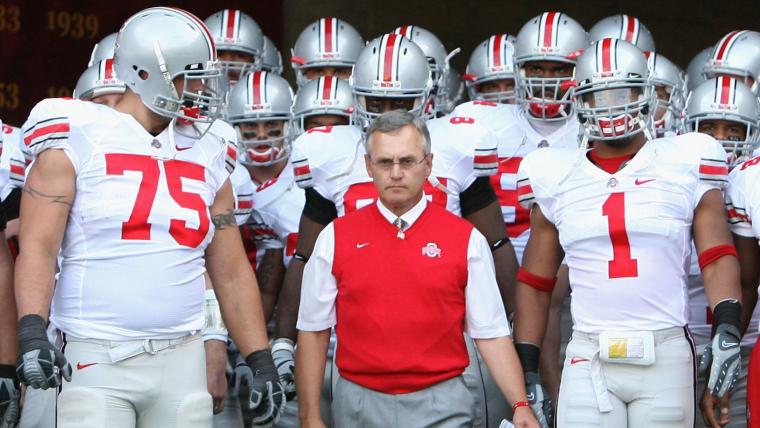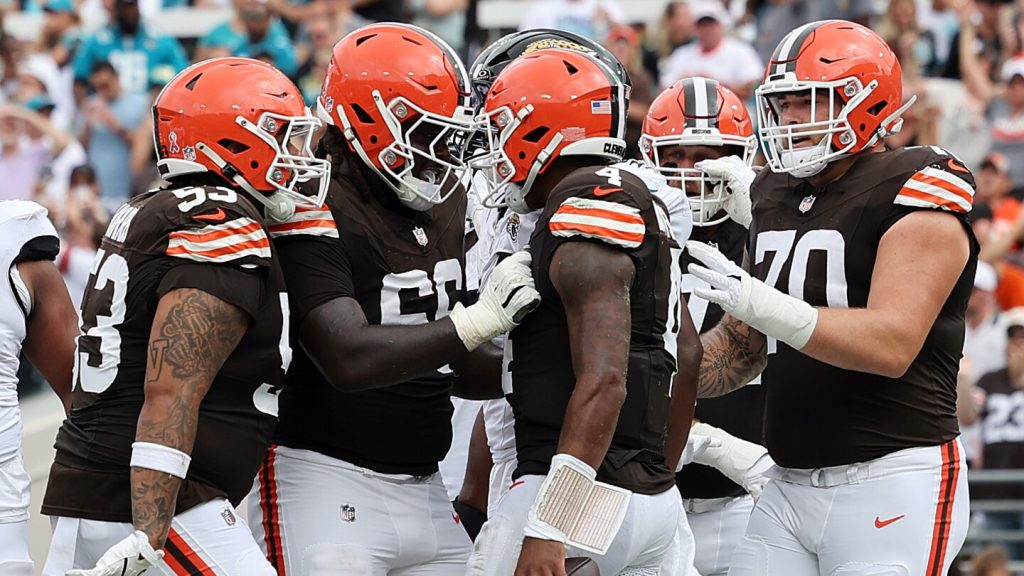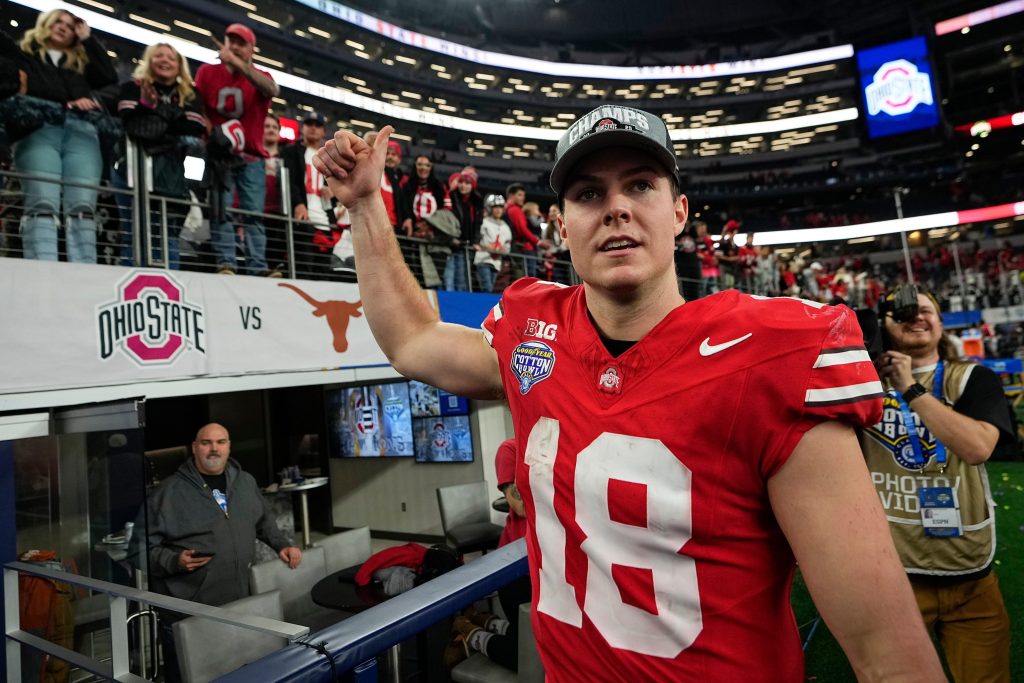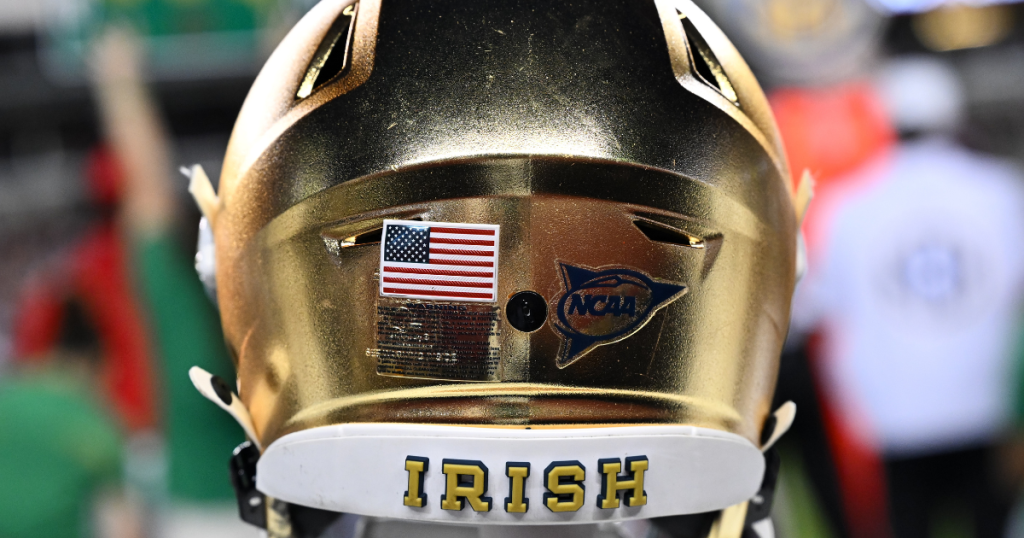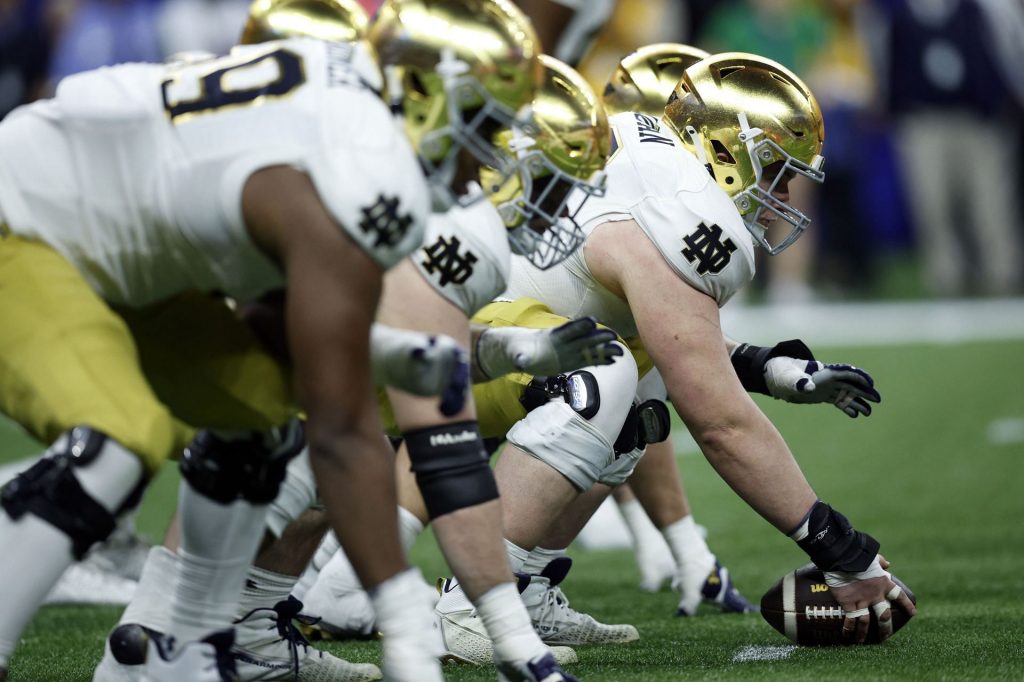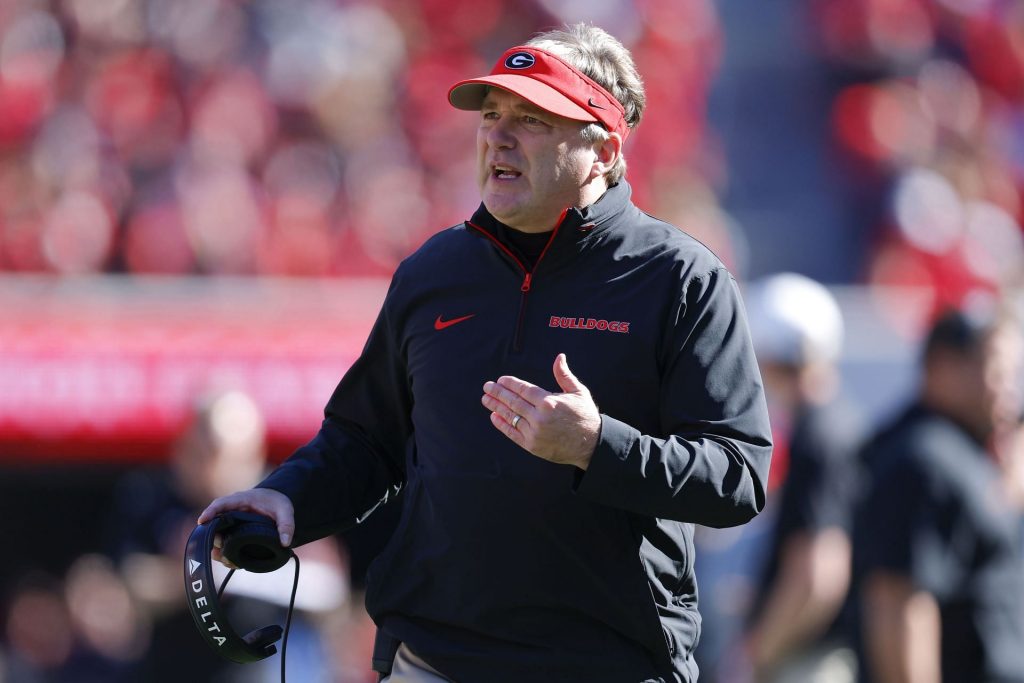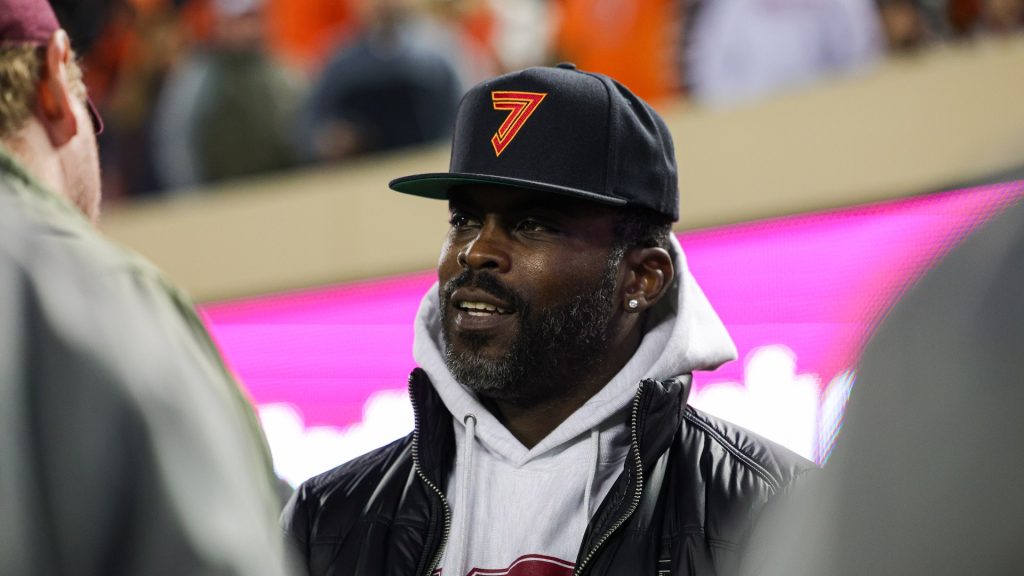Former Ohio State football head coach Jim Tressel is stepping back into the spotlight, but this time, it won’t be on the sidelines or in a broadcast booth. Instead, Tressel is set to enter the political arena as Ohio’s next lieutenant governor. This exciting transition was announced by Ohio Governor Mike DeWine, who has nominated Tressel for the position, marking a significant shift from his long-standing career in college football.
Jim Tressel’s New Political Role
Governor DeWine expressed his confidence in Tressel, stating, “He has the requisite skill sets, he has the criteria that I outlined. He knows Ohio. Jim Tressel, I trust his judgment. He is a born leader.” Tressel’s appointment comes after JD Vance was elected to the U.S. Senate, leaving a vacancy that Husted filled in January. Tressel will serve for two years, with the potential to run for other offices, such as governor, in 2026. The approval of a majority of Ohio’s House and Senate lawmakers is expected, given the Republican majority in both chambers.
From Coaching to Politics
So, how did Tressel make this leap from coaching to politics? After a successful tenure at Ohio State, where he led the Buckeyes to a national championship in 2002, Tressel transitioned to academia, serving as the president of Youngstown State from 2014 to 2023. His deep roots in Ohio and experience in leadership roles have paved the way for this new chapter in his career.
Jim Tressel’s Coaching Legacy
Tressel’s journey in football began as a quarterback at Baldwin-Wallace University, where he played from 1971 to 1974. His coaching career took off in 1975 when he became a graduate assistant at Akron. From there, he honed his skills on various offensive staffs, including stints at Miami of Ohio, Syracuse, and Ohio State.
His first head coaching position came at Youngstown State, where he led the Penguins to remarkable success, securing four national titles and finishing with a 135-57-2 record from 1986 to 2000. Tressel’s reputation skyrocketed when he took the helm at Ohio State in 2001. Over the next decade, he guided the Buckeyes to five Big Ten Championships and three BCS National Title games, solidifying his status as one of college football’s most respected coaches.
Scandals That Shook His Legacy
However, Tressel’s coaching legacy was not without controversy. His tenure at Ohio State was marred by several scandals that ultimately led to his resignation.
Youngstown State Violations
One of the earliest incidents occurred in 1998 when Youngstown State quarterback Ray Isaac admitted to accepting improper benefits during the 1991 season. Although the NCAA was tipped off about the violations, they ultimately did not impose penalties due to the statute of limitations expiring.
The Maurice Clarett Investigation
The most notorious scandal involved running back Maurice Clarett. In 2003, Clarett faced scrutiny for receiving improper benefits, including cars and cash. He later claimed that Tressel and his staff had directed him to these benefits, which led to a significant investigation. Clarett was suspended for the entire 2003 season, and his claims raised serious questions about the integrity of Tressel’s program.
Tattoo-Gate: The Final Straw
The scandal that sealed Tressel’s fate was the infamous Tattoo-Gate in 2011. Tressel was suspended for failing to report violations involving players trading memorabilia for tattoos. This revelation led to an FBI investigation and ultimately resulted in Tressel’s resignation in May 2011. The NCAA imposed severe penalties, including vacating all wins from the 2010 season, a move that significantly tarnished his legacy.
History of Coaches in Politics
Tressel is not the first college football coach to transition into politics. His move follows a trend where former coaches leverage their leadership skills and public recognition in the political arena. Notably, Alabama elected former Auburn and Texas Tech head coach Tommy Tuberville to the U.S. Senate in 2020. Similarly, former Nebraska head coach Tom Osborne served in the U.S. House of Representatives from 2001 to 2007, further demonstrating the potential for coaches to make an impact beyond the field.
What’s Next for Jim Tressel?
As Tressel embarks on this new journey, many are curious about what his political agenda will entail. Governor DeWine emphasized the importance of focusing on education and workforce development, areas where Tressel’s experience could play a pivotal role. With Tressel’s extensive background in leadership and community engagement, he is well-positioned to make a meaningful contribution to Ohio’s political landscape.
At 72 years old, Tressel brings a wealth of experience and knowledge to his new role. Born on December 5, 1952, in Mentor, Ohio, he has dedicated his life to serving his community through both sports and education. As he transitions from the football field to the political arena, many will be watching to see how he applies his leadership skills to address the challenges facing Ohio today.
The excitement surrounding Tressel’s nomination is palpable, and fans of college football and Ohio politics alike are eager to see how this new chapter unfolds. Will he be able to translate his coaching success into political success? Only time will tell, but one thing is for sure: Jim Tressel is back, and he’s ready to make an impact once again.

